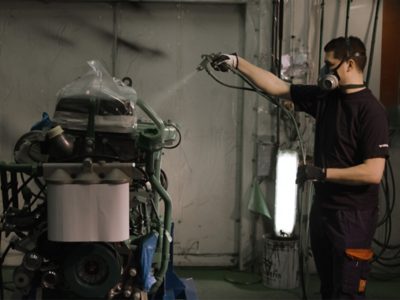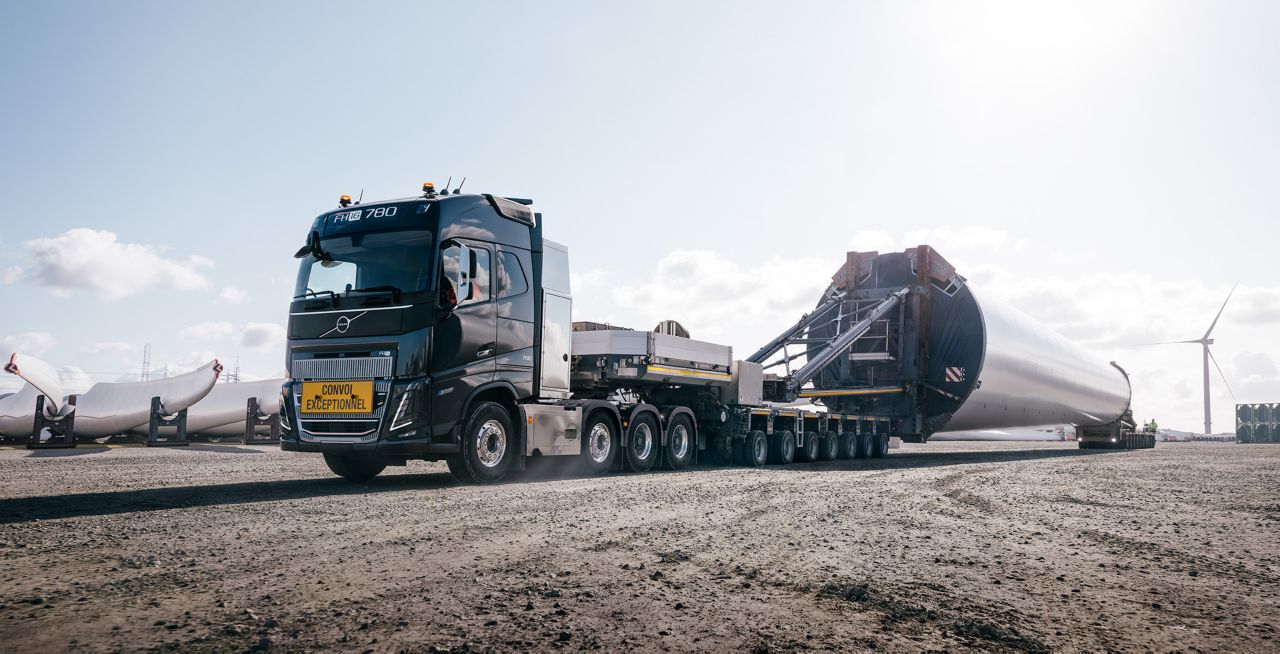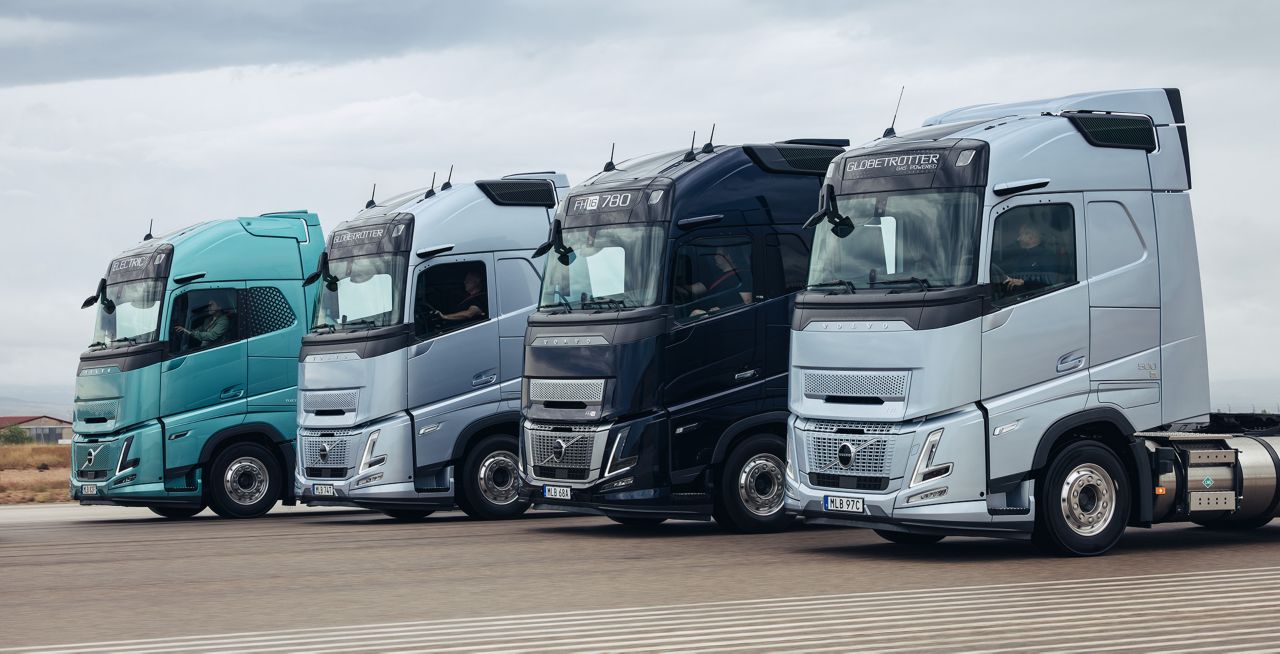Volvo Circular Parts can offer up to the same quality and performance as new parts. They even come with the same warranty. The only difference is that they require up to 85 percent less energy to manufacture and consume 85 percent less raw material.
Circular parts are essentially old parts that have undergone Volvo Trucks’ vigorous and comprehensive remanufacturing process to ensure they can deliver the same functionality as a new part. In fact, Volvo Trucks is so confident in the quality of its circular parts that they are delivered with the same two-year warranty that applies to Genuine Volvo Parts.
What’s the difference between remanufacturing and refurbishing?
The catch-all term “circular parts” includes both remanufactured and refurbished parts. The difference between them is that remanufactured parts are fully restored to 100 percent as-new condition, including their appearance. Refurbished parts, on the other hand, cannot quite be restored to this high level; as a result they may show some visual proof of wear, and could have a slightly shorter service life. However, they are restored to close-to-new condition and they still fulfill exceptionally high standards: both are also covered by the same two-year warranty.
“There are a lot of parts where it is technically not possible to meet 100 percent new condition but where we can still get very close,” explains Håkan Mårtensson, Circular Parts Offer Manager, Volvo Trucks.
“For example, a part that is 98 percent new is still very beneficial for both the customer and the environment. However, by setting the standard at 100 percent new condition, we were missing out on these opportunities. Introducing refurbished parts is a way for us to increase our portfolio of circular parts and extend the sustainability benefits when remanufacturing is not an option.”
Why are circular parts not the same as used or secondhand parts?
Before being sold, circular parts are subjected to a strict and vigorous process which restores them to new, or in the case of refurbishing, close to new condition. This is in stark contrast to used or secondhand parts, or recycled and rebuilt parts.
The remanufacturing process of circular parts starts when worn-out cores from engines, gearboxes and a variety of other parts are sent from Volvo Trucks’ dealerships to a remanufacturing plant. Each core is disassembled, and each component is thoroughly cleaned and inspected. Any components that cannot fulfil certain quality criteria are discarded and replaced with new. The approved components are then reassembled and thoroughly tested to verify that the part meets quality standards before being sold to a customer, either in the form of a remanufactured part or a refurbished part.

With circular parts, both Volvo Trucks and our customers can contribute to a more circular and sustainable transport industry.
Moving towards a circular economy and a sustainable transport industry
Circular parts help to reduce waste, preserve natural resources and reduce CO2 emissions. This is why one of Volvo Trucks’ sustainability targets – along with the rest of the Volvo Group – is to increase the uptake of circular parts. This would not only mean a significant reduction in Volvo Truck’s carbon footprint, but will also enable truck owners to reduce their own upstream carbon emissions.
“Because of the huge potential for improving both our and our customers’ environmental impact, we’re continuously expanding the range of products included in our circular parts offer. This way, together we can contribute to a more circular, more sustainable transport industry,” says Håkan.
To learn more about the remanufacturing process
Watch our short film or visit the Volvo Trucks Reman website. For more information about Volvo Circular Parts, contact your local Volvo Trucks dealership.


